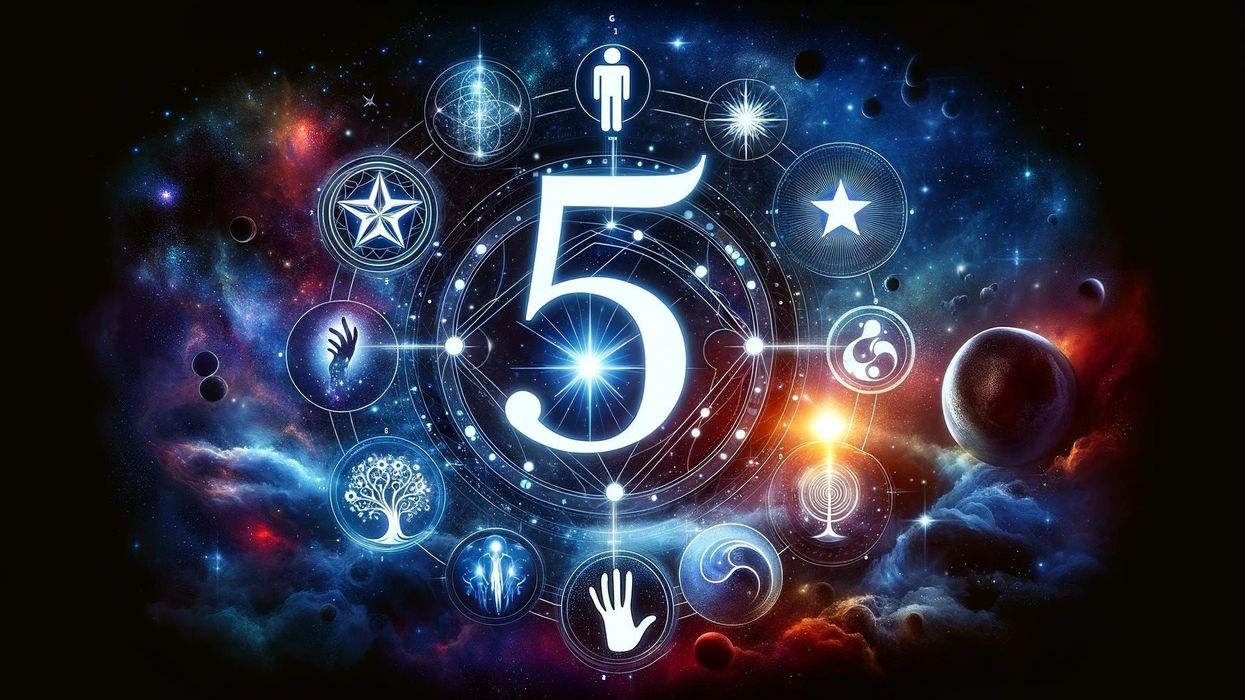Image © Jasper Boer via Unsplash.
The Ancient Greeks worshipped lots of gods, and sometimes it can get a little confusing to keep track of who's who.
Apollo, the God of the Sun (and more!) is one of the most prominent characters that your child will learn about while studying Greek mythology. Here's Kidadl's handy fact file to help break down some of the key points along with some interesting information they may not learn about in school.
What Is Apollo The God Of?
Apollo is the God of the sun, archery, truth, healing and diseases, music and dance, poetry, truth and prophecy and knowledge. He is best known as the God of the sun.
Family Tree

Image © Sam Schooler via Unsplash
Anyone who is familiar with the Greek Gods knows that the family tree gets very complicated very quickly. Here are some facts about the origin of the Greek God Apollo, his parents, his siblings and the powers he has.
1) Apollo, son of Zeus, along with his twin sister Artemis, Goddess of the Hunt, was born on the floating island of Delos. The story behind their birth says that once Zeus's wife, Hera, found out that Apollo's mother, Leto, was pregnant she became enraged.
Hera cast a curse that stopped Leto from having children anywhere on the earth. Leto searched far and wide until she found the secret island of Delos and beat the curse.
2) Apollo was one of the Twelve core Greek Gods called the Olympians. They lived on top of Mount Olympus and were in charge of the most important and powerful features of the planet.
Apollo is most well known for being the God of the sun, however he had a lot more responsibility than that. His powers and responsibilities included healing, light, medicine, poetry and music.

Image © Pexels via Pixabay
3) All of the Greek Gods had some kind of signature object: Zeus had his lightning bolt, Poseidon had his trident and Hermes had his winged boots. The objects associated with Apollo include his lyre (an Ancient Greek musical instrument that looks like a handheld harp), his silver bow and the branch of a laurel tree.
4) Each Olympian also had a patron city, for example, Athena, Goddess of Wisdom and War, was the patron of Athens. Apollo actually had three city states that worshipped him as their patron. These were Sparta, Delphi and Delos.
5) One of the most important jobs tasked to Apollo was to make sure the sun would rise every day. The myth states that every day Apollo would harness four powerful horses to his golden chariot and together they would haul the sun across the sky.
Mythology

Image © Unsplash
Ancient Greek mythology is famous all around the world for having such detailed, intricate stories full of dramatic battles and love affairs. Apollo is no stranger to these tales, here are some interesting facts about the legends surrounding the Greek God of Music and Sun.
6) There are many stories about Apollo and his romantic encounters but none of them seem to have a happy ending. One famous tale is about Cassandra, the Trojan priestess.
Apollo took an interest in her but being a pious, religious woman she rejected his advances and kept to her craft. To punish her, Apollo cursed her with the gift of prophecy. She was able to see the future, the catch was that nobody would ever believe what she said.
7) Apollo had many children himself, he fathered lots of sons but only one daughter. This daughter was named Parthenos, and after she fell to an early death she was honoured by the Gods and immortalised in the sky as the constellation of Virgo.

Image © Jeremy Thomas via Unsplash
8) Apollo was one of the Olympians who took part in the Trojan War. He sided with Troy and some of his major involvements include shooting a diseased arrow into the Greek camps which started a plague amongst the soldiers.
It is also said that he guided the fatal arrow into Achilles' heel, killing the Greek hero once and for all.
9) The myth of when Apollo fell in love for the first time has many different interpretations, but it tells the story of how he fell for the nymph Daphne. She was not interested in him at all but Apollo went to give her a hug anyway.
While she was stuck in his arms she prayed to her mother, Gaea the Titan of the Earth, to help her disappear.
When Apollo finally let her go he realised that she had turned into a laurel tree. From that day forward the laurel tree was a sacred symbol for Apollo.
10) When Apollo was younger he herded a lot of sheep. One day his cheeky brother Hermes decided to play a trick on him and he stole all the cattle.
Apollo was not happy when he found out about this so to make it up to him Hermes invented the lyre and gave it to him as a gift. Apollo was so taken with the new instrument that the lyre became an iconic symbol to represent him as the God of Music.
How Was Apollo Celebrated?

Image © David Kohler via Unsplash
Because the Ancient Greek people had so many gods, it's only fair that they would have a lot of celebrations, feasts and traditions to honour them all. Here are some interesting facts about how the Greek God Apollo was worshipped by the Ancient people.
11) Every four years a celebration called the Pythian Games was held at the city of Delphi in honour of their patron God, Apollo. Sporting events such as wrestling, racing and boxing took place over the course of the festival.
When the Romans came into power they introduced music, poetry, acting and dancing competitions to honour the fact that Apollo was god of the arts as well.
12) The Spartans also held their own festivals in honour of Apollo. One such celebration was called the Festival of Karneia.
This came about due to an old legend that a Spartan man killed a man named Karnos who had the ability to see in the future. Apollo, God of Prophecy, was extremely angered by this.
As a result, the people of Sparta would hold this festival in hopes to appease the God and make up for the crimes of their people.
13) On the island of Delphi, there is a huge temple dedicated to Apollo. It is one of the few surviving ruins from this time that tourists can still visit today.
14) The Festival of Hyakinthos was another Spartan tradition held in the honour of Apollo. Events in this celebration included a special meal where masters served their slaves, Spartan women would make clothing to adorn the statues of Apollo and there would be lots of song, dance and drinking.
Extra Apollo Facts

Image © Pexels via Pixabay
Although the Greek Gods may not be worshipped today, we can still see the influence that figures from Greek mythology like Apollo have left on our world to this day. Here are three fun facts about the legacy of Apollo.
15) The Apollo space missions are named after the Greek God because NASA Director of Space Flight Development, Abe Silverstein, thought it would be good luck as Apollo is famous for successfully flying across the sky.
16) Greek mythology still inspires people to write films and books based on legends from long ago. An example that the kids would recognise is that Apollo is an important character in the hit book series "Percy Jackson". He is portrayed as a silly, yet very powerful ally.
17) Apollo is the only God that has the same name in both the Greek and Roman versions of the religion. In fact, the Roman Emperor Augustus built and dedicated a temple in the name of Apollo on top of Palatine Hill, the birthplace of Rome.














